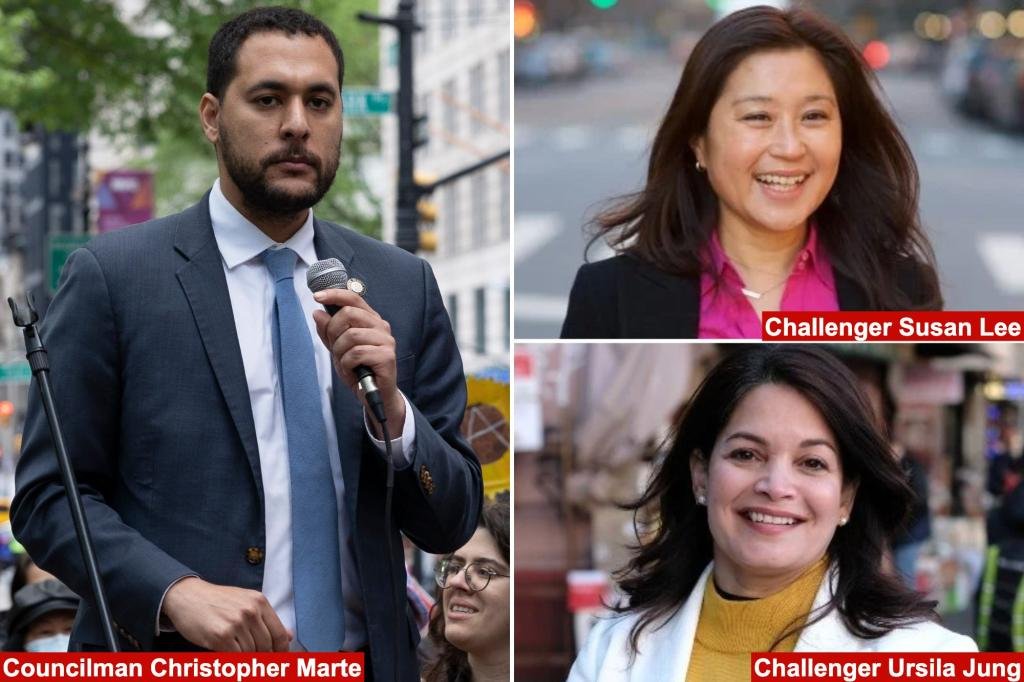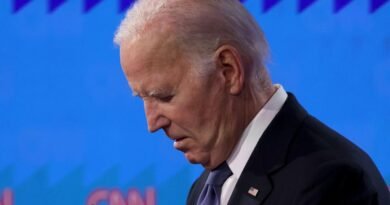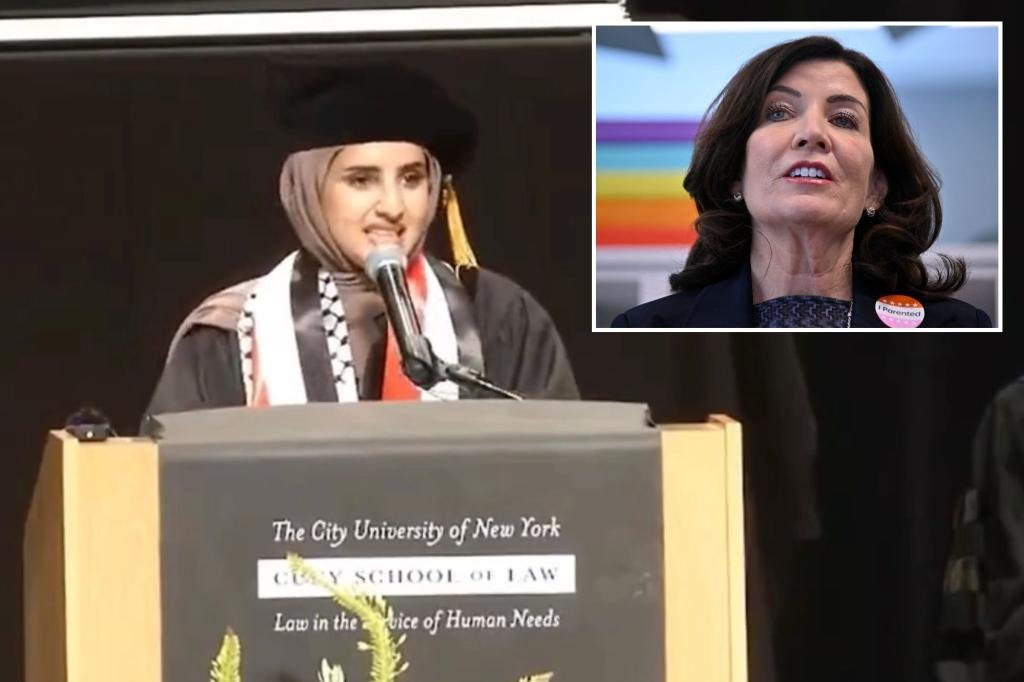City Council primaries testing progressives’ stranglehold of NYC
On Tuesday, the entire city council is up for re-election in party primary races.
Only a few districts enjoy robustly contested races — and one of them is Lower Manhattan, from Wall Street to Chinatown.
It’s a rare opportunity to assess whether moderates can wrest control of local politics from far-left progressives.
Usually, council members are elected every four years, along with the mayor. This time, thanks to redistricting, council members face the voters just two years after their recent election.
That’s good, because voters have a chance to look at prospective lawmakers without being overwhelmed by a larger mayoral race.
But it’s also bad, in that not many people are paying attention, and turnout might not exceed single digits.
One place where voters have a motive to pay attention is District 1.
The tip of Manhattan up to Houston Street (with a couple of sections carved out for other candidates) has endured traumatic upheaval.
Just take the news from the past week.
Tuesday, an e-bike battery fire in Chinatown killed four elderly tenants living above a repair shop.
A day later, an assailant stabbed a 35-year-old man to death in Washington Square Park in the middle of the afternoon, undeterred by pre-summer crowds. (The park, in the old district, is slightly north of the new district, but still a key recreation area for district voters.)
These five deaths were all failures of progressive ideology.
Progressives have refused to properly regulate deadly e-bike batteries, as they’re afraid doing so will hurt poor workers.
They’ve also refused to support a crackdown on drug sales and use in the park.
The numbers illustrate the change in downtown’s fortunes: Felony crime in the three police precincts that overlay the district, though down since last year, remains 22% higher than in 2019.
In addition to big crimes, the district is plagued by hundreds of illegal marijuana stores, plus retail theft that is forcing legitimate businesses to close: Misdemeanor larceny (as reported) is up by nearly two-thirds since before the pandemic.
Then, there are the things the city wants to purposely do to the district, chief among them, build the world’s tallest municipal jail, as part of the de Blasio-era four-borough jails program.
The district’s current councilman, Christopher Marte, is a first-termer who diligently subscribes to the progressive playbook.

Even as most Manhattan council members have dropped out of the council’s progressive caucus, repelled by its defund-the-NYPD stance, Marte has remained.
In a recent NY1 debate, when asked whether the NYPD should enforce the city’s no-smoking — including no-pot-smoking — laws in Washington Square Park, Marte couldn’t give a straight answer, saying “I think it’s working.”
And he opposes a high-rise jail downtown — only because he opposes all jails.
He wants to close Rikers without providing an alternative.
Contrast these positions with those of Susan Lee, a former paralegal and grant-application writer who has the most straightforward common-sense answer on the jail: Rebuild Rikers as a modern jail complex.

“Breaking up Rikers into four borough-based jails isn’t going to solve the culture” of failure at Rikers, she says. She wants to “rebuild” and “reimagine” Rikers, with dedicated mental facilities and a training program for inmates to equip them for reentry into society.
She’s also clear on quality-of-life issues, telling me that, although people worry about serious crime, what most upsets them is deterioration in quality of life.
When she talks about smoke shops and e-bikes riding on sidewalks, she gets a flood of responses, with voters saying “the quality of life has deteriorated so much that they compare it to the 1980s.”
Lee was crystal-clear in her debate answer on a law against lighting up in Washington Square Park: “It needs to be enforced.”

As was the third candidate in the race, Ursila Jung.
Jung, a public-school parent, mostly focuses on retaining school choice, but she, too, had the obvious answer on non-stop smoking in Washington Square Park: As parents, “we need to enforce it 100%,” she said.
Lee and Jung both want more NYPD foot patrols, to deter shoplifting and hate crimes.
With two alternatives to ideological progressivism, this race will serve as a test of the ranked-choice voting system.
Jung and Lee have cross-endorsed each other, meaning that as voters rank their choices in order of preference, they’d like voters to pick each other ahead of Marte.
With the risk reduced of two moderate candidates cancelling each other out reduced in this way, the election will mostly serve as a test of whether voters are paying attention.




